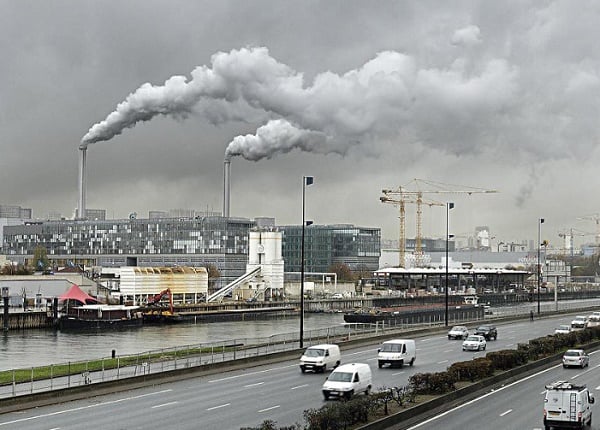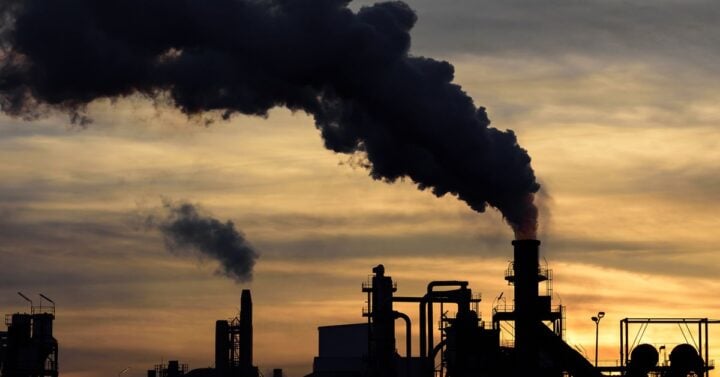Air pollution
A new report by the Global Climate and Health Alliance (GCHA), a body of civil society organisations, says the Group of 20 (G20) top economic nations have failed to address air pollution in their climate action plans.
The GCHA’s “Clean air NDC scorecard” analysed the nationally determined contributions (NDC) of 169 countries and the European Union (EU).
It assessed the extent to which “governments’ national climate commitments recognise and contribute to ensuring healthy air for communities around the world”.
According to the study, G20 countries are lacking in the commitment and efforts to improve air quality as part of their national climate action plans.
Advertisement
Australia, Brazil, EU, India and the United Arab Emirates (UAE) – which will host the COP28 climate summit next month – are the lowest performers among the G20. Chile is the only high-income nation in the top 15 countries.
Fourteen out of the top 15 countries are low- or middle-income nations (LMICs), led by Colombia and Mali.
The study named Nigeria, Ivory Coast, Pakistan, Togo and Ghana among the leading LMICs that have included air quality concerns as part of their NDCs.
Advertisement
Jess Beagley, GCHA policy lead, said countries seeking to take the greatest action on air pollution are “often those bearing the brunt of the impacts”.
Beagley said there is a link between climate change and air quality while urging G20 countries to take ambitious actions and invest in solutions to promote health.
“The Clean Air NDC Scorecard confirms the human cost of delaying the inevitable phase-out of fossil fuels,” she said.
“As major global polluters, it is crucial for G20 countries to embed air quality considerations into their NDC, yet no G20 government even scores half marks – indicative of lack of recognition of the links between climate and air quality, or ambition to take action.
Advertisement
“However, responding to the scorecard isn’t merely about trying to improve a country’s ranking, it’s about how we both imagine and seize upon the opportunity of delivering a future where the health impact of burning fossil fuels no longer exists.
“Rather than fuelling our own destruction, we need to invest in solutions which protect and promote health.”
‘FOSSIL FUEL DEPENDENCE IS MAJOR CAUSE OF CLIMATE CHANGE, AIR POLLUTION’
According to the report, short-lived climate pollutants (SLCPs) such as black carbon, methane and tropospheric ozone, accelerate climate change and can impact health.
Advertisement
The report said air pollution causes 6.7 to 7 million deaths annually and contributes to cardiovascular diseases, stroke, respiratory conditions and some cancers.
“Not only are fossil fuels the leading driver of climate change, they also cause millions of deaths from air pollution every year,” the report reads.
Advertisement
“The provision of reliable access to renewable energy sources can address both fossil fuel-driven air pollution outside and inside homes.
“As well as health impacts resulting from the burning of biomass as an energy source for cooking, heating and lighting, which also improves social determinants of health.
Advertisement
“Methane, the primary component of fossil gas (commonly referred to as natural gas), which is also emitted in coal and oil extraction, is a precursor for ground-level ozone, as well as several toxic co-pollutants.
“In many settings, the health benefits of cleaner air outweigh the costs of climate action.”
Advertisement
COP28 will be the first to dedicate a day to health, as more countries recognise and seek to tackle the health risks associated with climate change.
Add a comment





